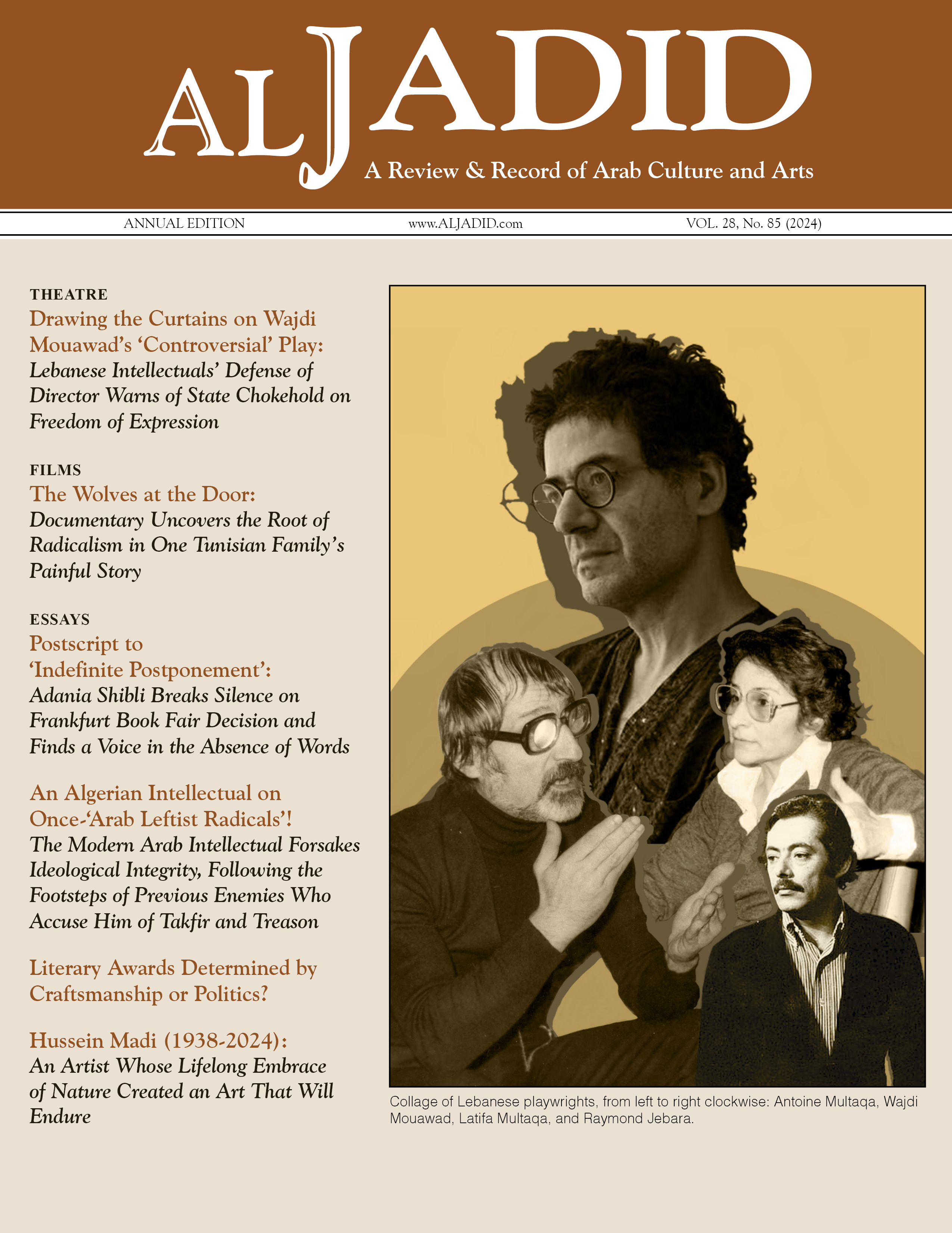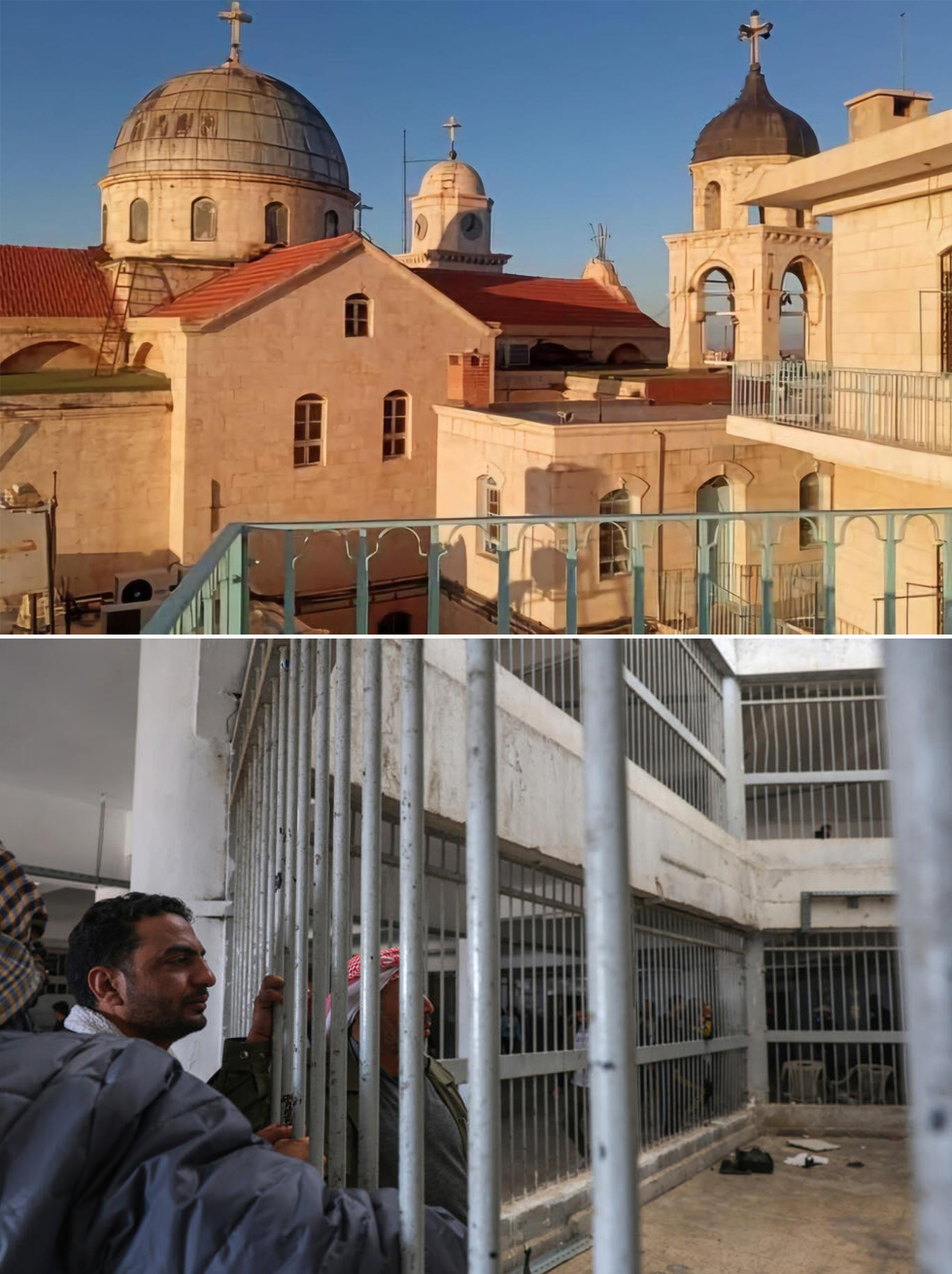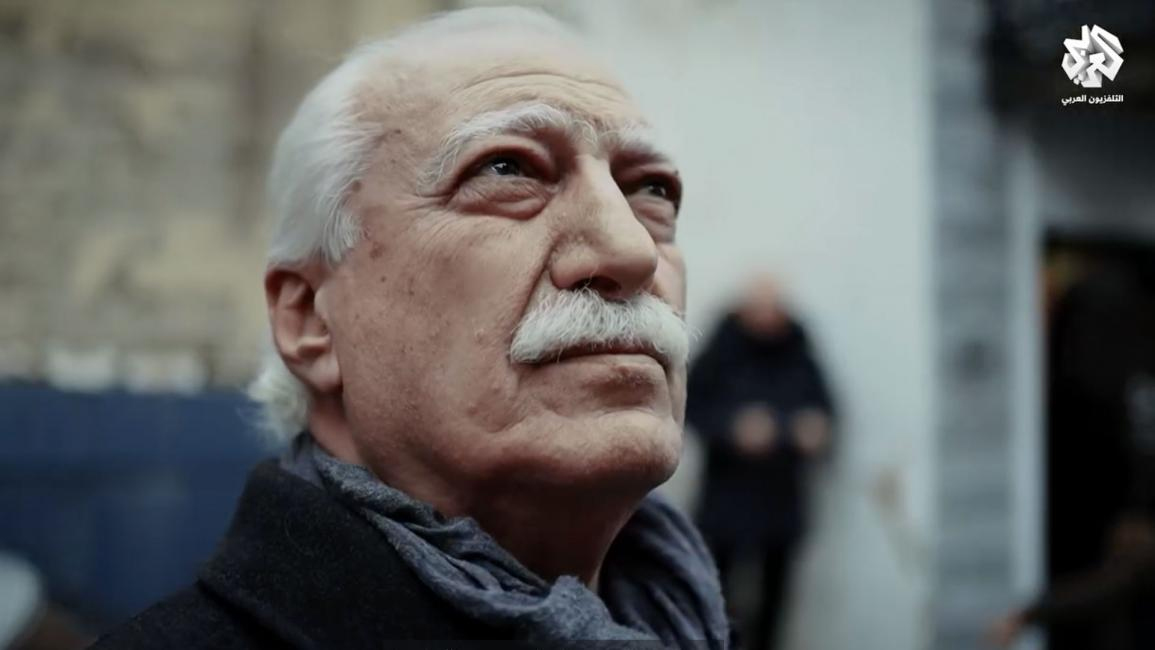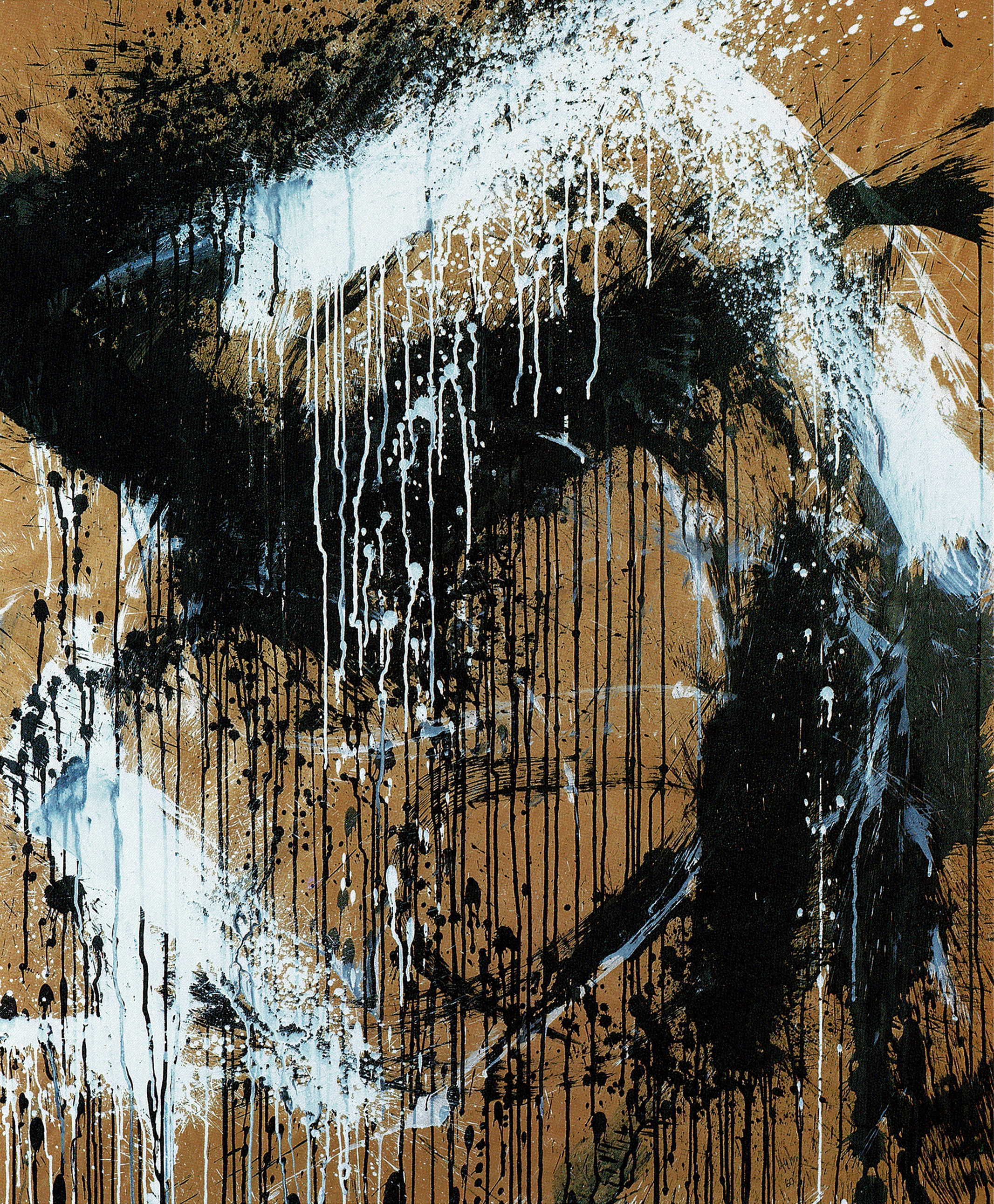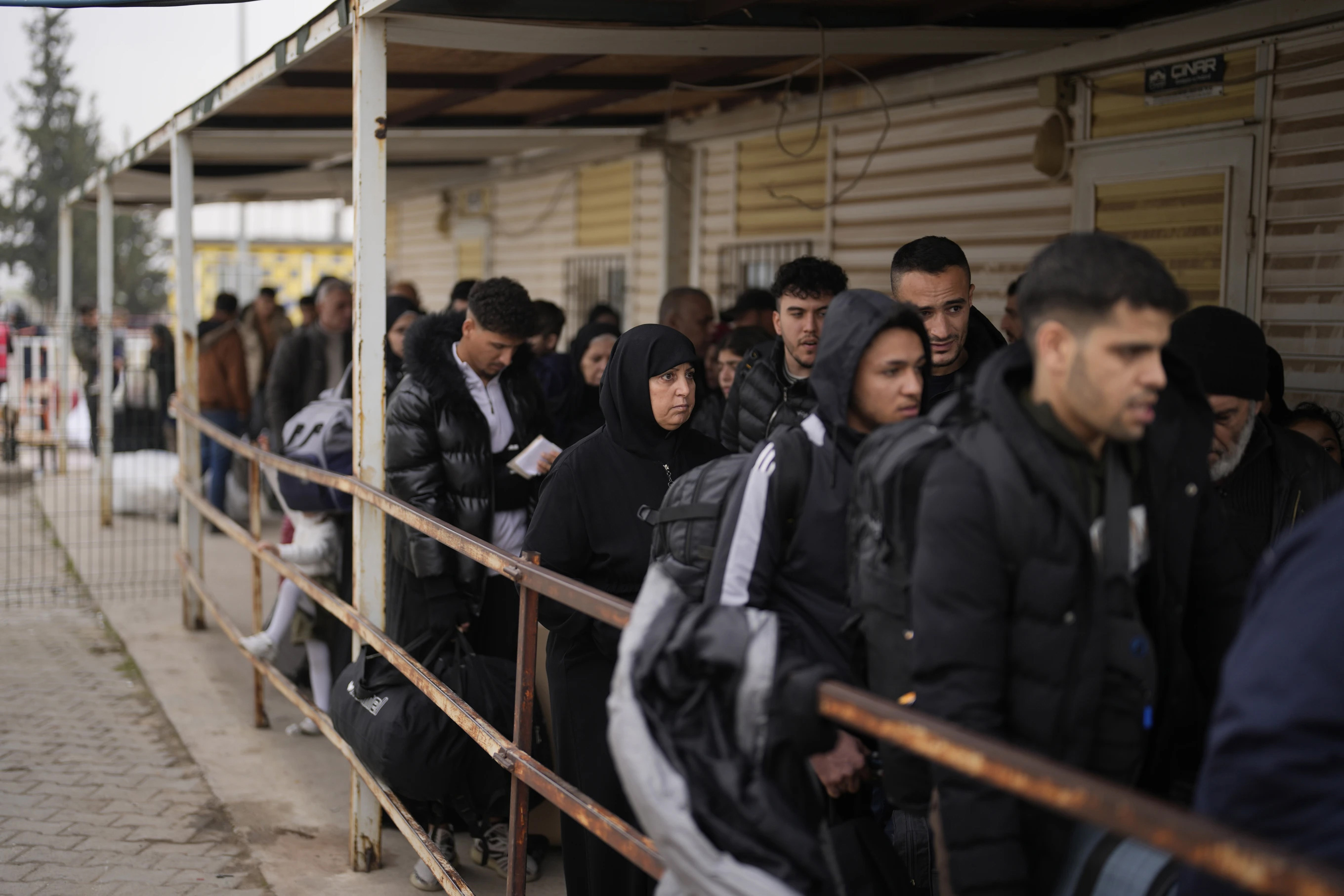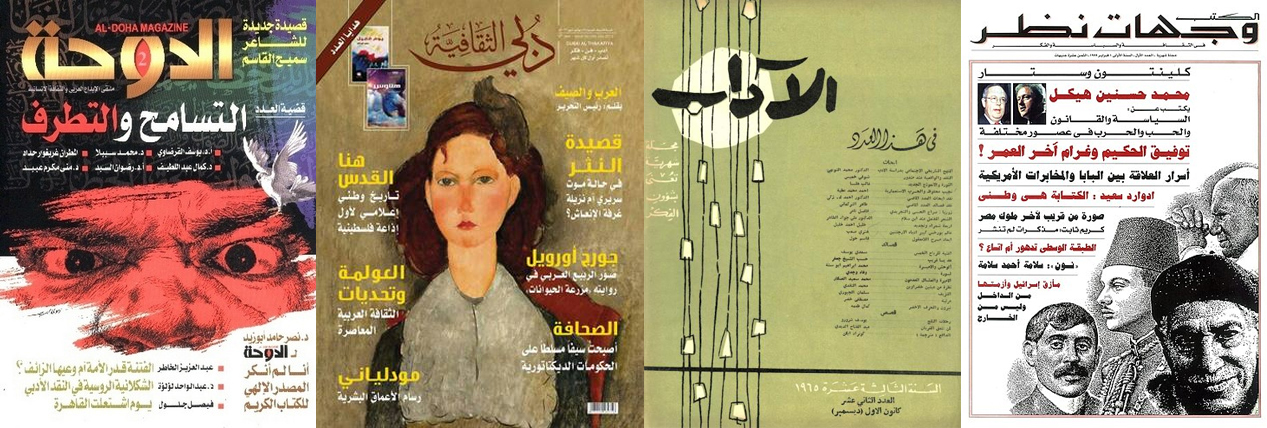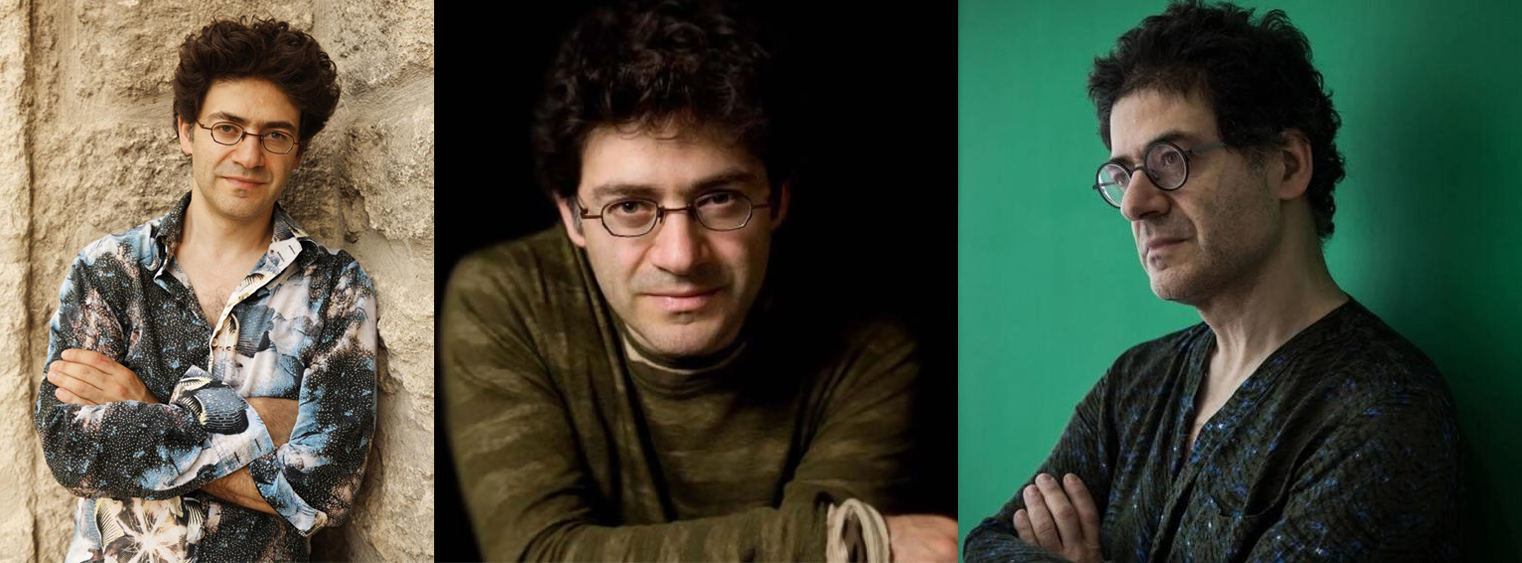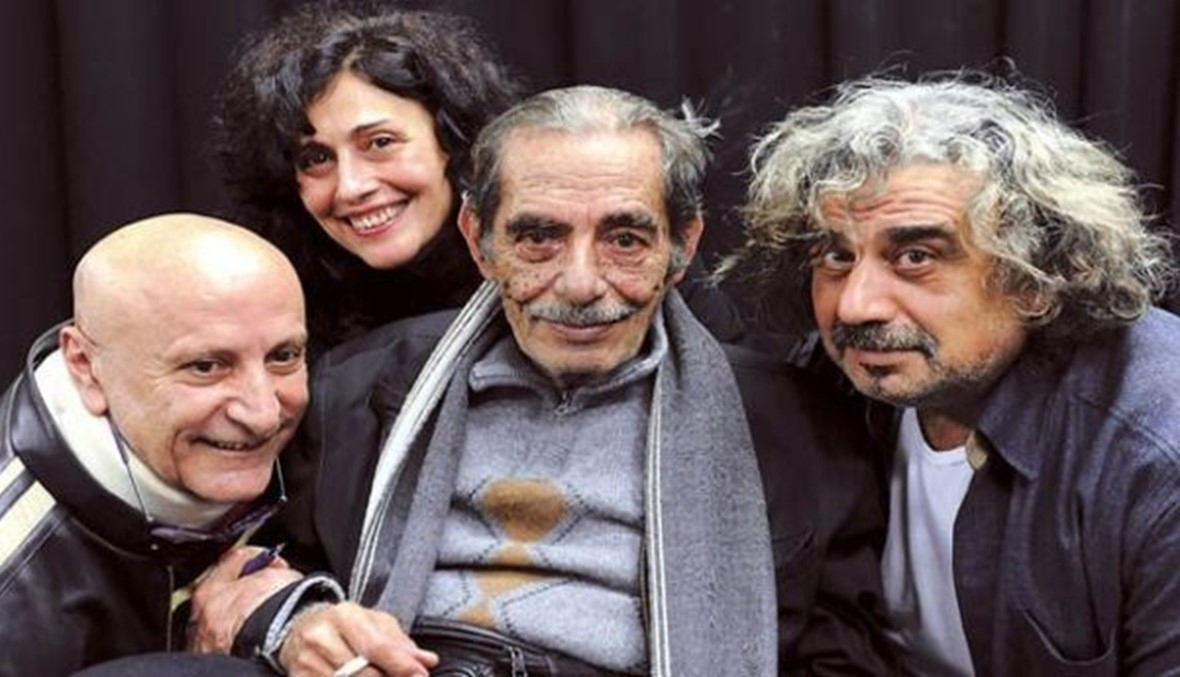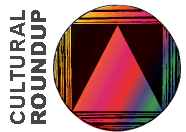
How ‘Good Old Days’ Nostalgia Enables Neglect and Complacency in Lebanon’s Elite Throughout Countless Crises
When Lebanon is in crisis, and even when it is not, laypeople and some experts rush to use popularized and romanticized explanations suggesting that the country is experiencing something unprecedented. They reminisce and claim Lebanon had a much better time in the “good old days.” If the crises are financial and economic, they proclaim that Lebanon enjoyed economic growth, stability, high employment, and increased incomes in the pre-crisis days.
‘Unimaginative’ Digital Age: What Can Arab Cultural Journalism Learn?
The Information Revolution and the spread of the internet and social media have had severe repercussions for cultural services as we know them. The loss of numerous publications remains one symptom of the many changes sweeping across the Arab world, which recently witnessed the closure of another publication, the Qatari cultural magazine Doha.
The Wolves at the Door: Documentary Uncovers the Root of Radicalism in One Tunisian Family’s Painful Story
Why do we choose to tell painful stories, especially in documentary form, where we ask people to relive their trauma? That is a question I kept asking myself as I watched “Four Daughters.” Sometimes we need to know that pain is part of a story we too glibly read in the news, or perhaps it deepens a reality we think we know already.
‘Little Prince,’ Poet and Artist Hassan Abdallah Evoked the Beauty of Nature Through Boundless Streams of Vibrant, Passionate, Paradoxical Language
After his passing in 2022, poets, intellectuals, and journalists offered their eulogies of the Lebanese poet Hassan Abdallah (1943-2022), who captivated readers with his words. Among those honoring him were Shawqi Bzay, Abbas Beydoun, Jawdat Fakhreddine, Talal Salman, and others. Without exception, Abdallah’s colleagues and friends remember him as a humble man, one who preferred to remain in the shadows and shun the limelight, festivals, and fiery speeches.
Drawing the Curtains on Wajdi Mouawad’s ‘Controversial’ Play: Lebanese Intellectuals’ Defense of Director Warns of State Chokehold on Freedom of Expression
“Theatrical” perhaps best describes the current state of Lebanon’s performing arts scene, which seems to be embroiled in its own drama in recent days. Early this year, we bade farewell to the director and actor duo Antoine and Latifa Multaqa, pioneers of Lebanese theater’s 1960s avant-garde era and, for a moment, relished in nostalgia for Beirut’s culturally vibrant bygone days. Unfortunately, such rose-tinted memories have little room under the stifling atmosphere overtaking much of Lebanon’s arts and culture.
The ‘Guardian of Gaza’: Fathi Ghaben (1946-2024) Preserved Palestinian Memory, Colors, Dress, and Symbols Through Art
As if gripped by the fear of losing the history of Palestine, Fathi Ghaben kept Palestine close to him for his entire life, in his mind, art, and physical existence. Reporters, critics, and Palestinian government officials paid tribute to the artist, whose unwavering focus on Palestinian culture and memory saturated his life and work.


